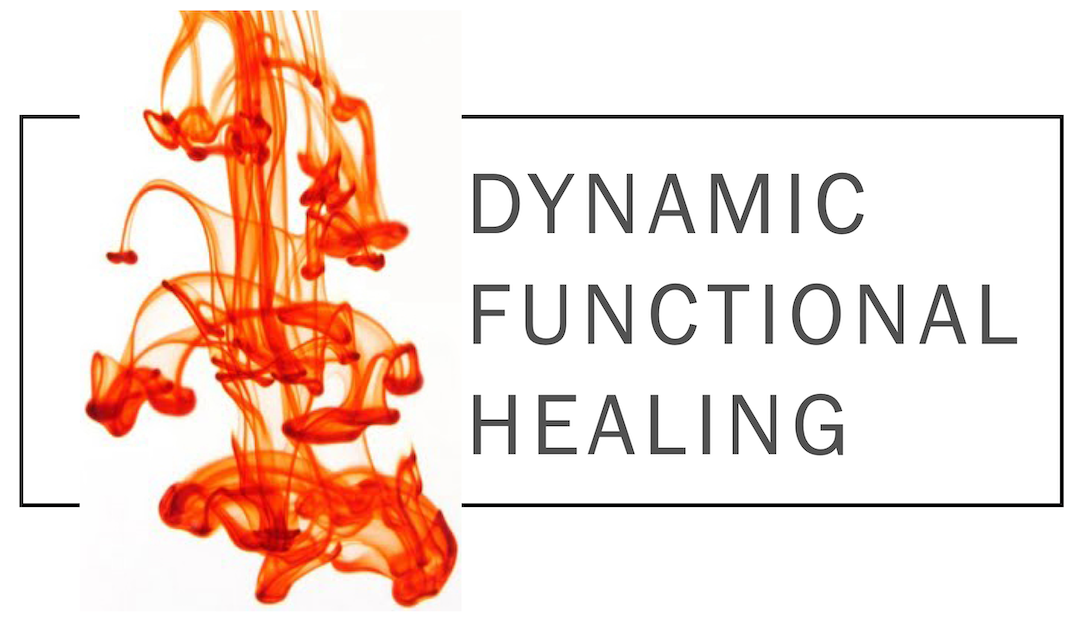Last night I witnessed the most brazen act of bravery that I've ever encountered: A young woman stood up at church (yes, your eyes are ok here) and confessed that she doesn't like god, that she's not sure she believes anymore and that she feels lost. She lay herself bare in front of about 70 people in a truly awe-inspiring display of speaking her truth, raw and unorthodox. Just as impressive is the community that embraces this young woman as she struggles against and within their creed.
She's in the midst of tremendous, rich growth. Thomas Moore, in Care of the Soul, asserts that real growth comes from moving through the mire and muck of the dark unconscious.
From my rotting body, flowers shall grow and I am in them and that is eternity.
Soul enters life from below, through the cracks, finding an opening into life at points where smooth functioning breaks down.
He uses decomposition as an analogy for the process of delving into the unconscious--feeling and fearing while not fleeing one's self--to do the hard work of breaking things down. This process is the tilling and toil that necessarily precedes any transformation or insight that may come. Struggle, pain, fear, and frustration comprise the soil of transformation, the agar of the soul. Transformation can not happen outside it.
But this is human life: the war, the deeds, the disappointment, the anxiety. Imaginations struggles, far to nigh, all human; bearing in themselves this good, that they are still the air, the subtle food, to make us feel existence. This is the "goal" of the soul path - to feel existence; not to overcome life’s struggles and anxieties, but to know life first hand, to exist fully in context.
It is in resisting our struggles, pains, fears and frustrations that we find the places where we are most deeply wounded and where we have the potential for deep connection, within ourselves and with others. Resistance is our compass, our pointer to what matters. [Anger is, too. Resistance is our internal struggle with ourselves; anger is our internal struggle with others or outside forces.] If we flee from our resistance, we lose the opportunity for growth and insight [same with anger] and quite possibly cause ourselves more despair as we add the pain of abandoning ourselves.
It is precisely because we resist the darkness in ourselves that we miss the depths of the loveliness, beauty, brilliance, creativity, and joy that lie at our core.
Meeting resistance (much like expressing anger) is messy. It's not pretty or meditative or Buddha-like or artsy; it's ugly, depressive, stormy, unruly, and sometimes explosive.
The soul doesn't distinguish between good and bad as much as between what is nutritious and what isn't. --"Soulmates"
One doesn't come out the other side happy, glowing and accepting of everything. One learns to discern what is acceptable and what is not, what aligns with one's self and what does not, what is healthy and what is toxic, what we accept as our identity and what is other. Only then, can we take action that supports and nourishes our soul.
While I feel deeply for this young woman who expressed her distress, I know that she is doing really good, hard work, that she will reap the benefits of her toil, that she will find her self, all the more so because of the community that supports her.
